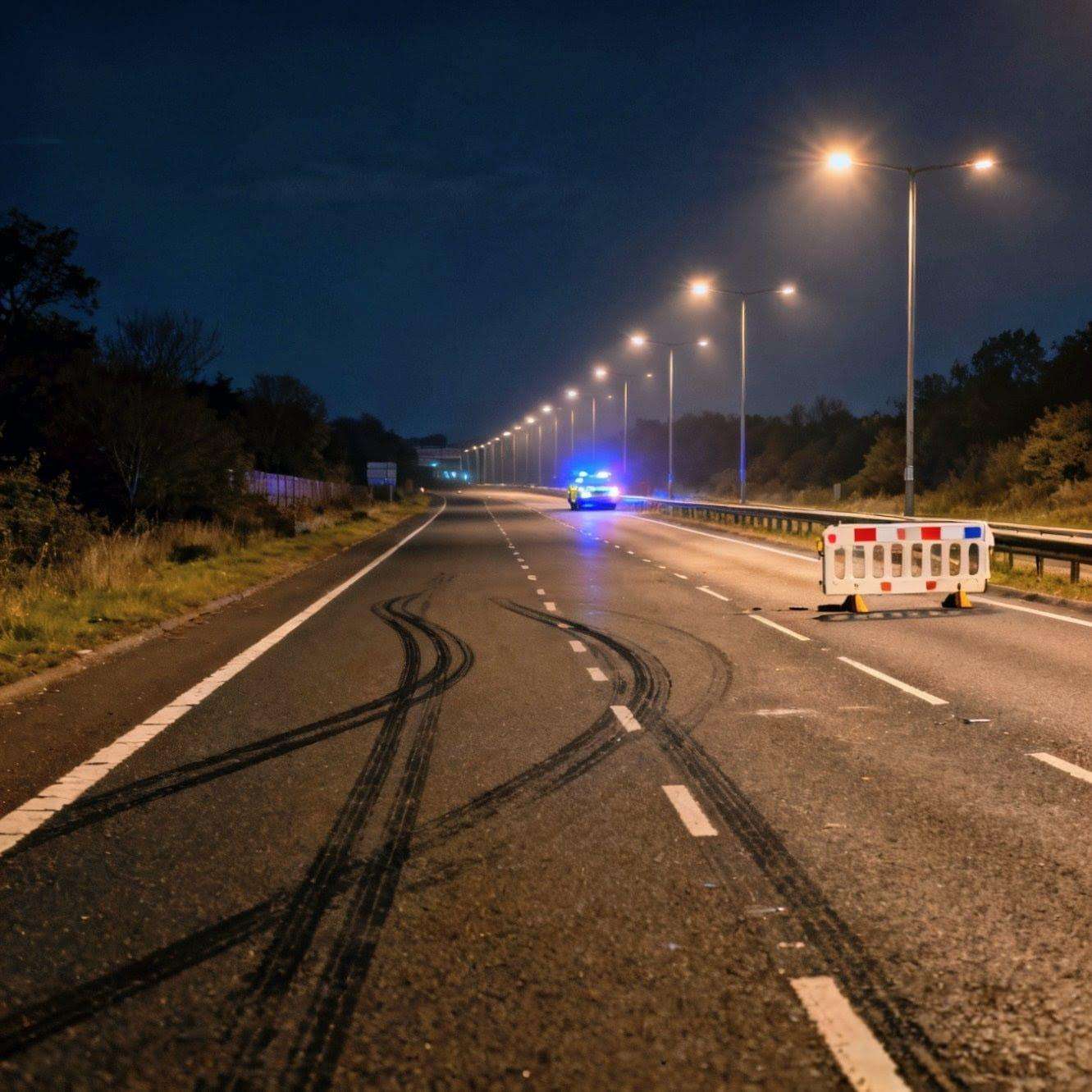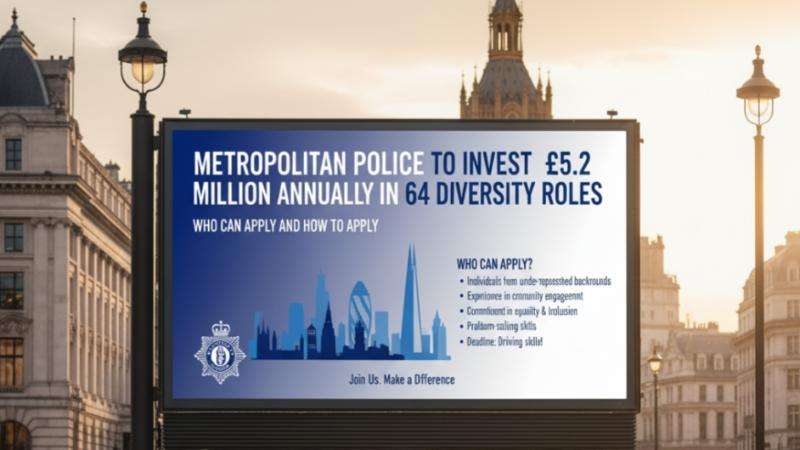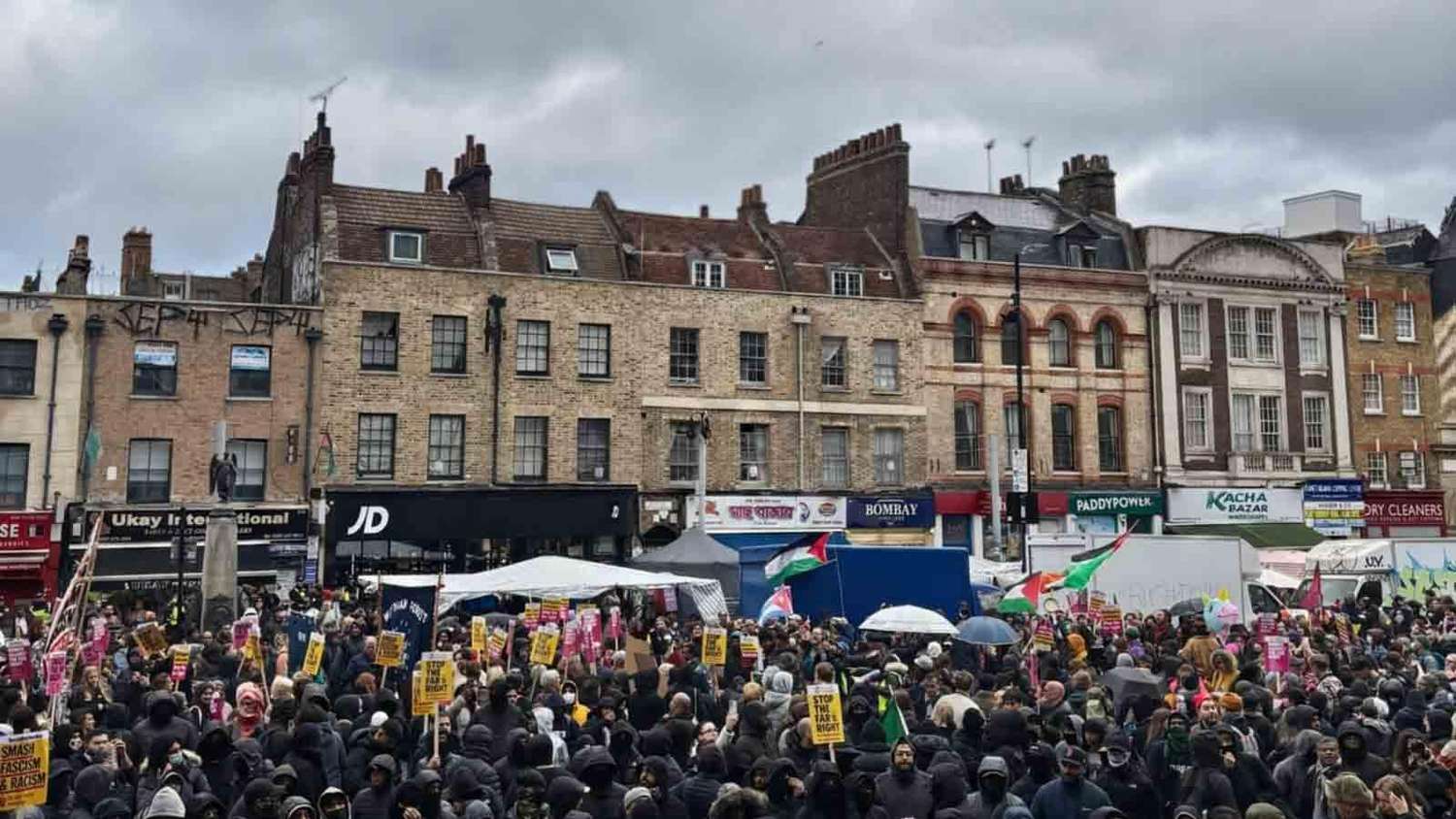Reform MP Sarah Pochin has ignited a firestorm of controversy and widespread condemnation after openly voicing racially divisive sentiments during a live television phone-in. The Runcorn and Helsby MP claimed it "drives me mad seeing adverts full of black and Asian people," an astonishing admission that attempts to reframe simple recognition of modern Britain as a political attack.
Appearing on TalkTV on Saturday (25 October), Pochin was responding to a caller who queried the representation of demographics in TV advertising. Her explanation—that this diverse representation has occurred because of the *"woke Liberal that goes on inside"—*is a flimsy attempt to disguise an intolerance for cultural visibility behind a political soundbite. Her remarks betray a profound and wilful ignorance of the reality of a multi-ethnic Britain, where Black and Asian citizens are integral to the nation’s fabric.
The True Landscape: Contributions that Built Modern Britain
Pochin's statement, suggesting that the visibility of Black and Asian people in media is somehow an intrusive or irritating anomaly, collapses under the weight of historical and contemporary reality. The truth is that Black and Asian communities have provided an indispensable, centuries-long foundation for the UK's economic prosperity and cultural wealth.
From the arrival of the HMT Empire Windrush in 1948 and waves of immigration from South Asia, these communities answered the UK’s urgent call to rebuild the nation after World War II. They staffed the newly established National Health Service (NHS), drove public transport systems, and powered the manufacturing sector, often working difficult jobs for poor pay while facing systemic discrimination.
Economic and Public Service Pillars: Today, Black and Asian individuals are vital pillars of the UK economy, driving small business creation and contributing billions in taxes. They are disproportionately represented on the frontlines of public service, making up a significant portion of doctors, nurses, and allied health professionals who kept the country running during the pandemic. To suggest their image in an advertisement is 'madness' is to erase their labour, sacrifice, and civic loyalty.
Cultural Enrichment: Beyond economics, the cultural contributions are immeasurable. From the global impact of grime and desi music to the enrichment of British cuisine, literature, and fashion, Black and Asian communities have fundamentally shaped a vibrant and outward-looking national identity. The cultural diversity that Pochin finds so maddening is precisely what makes Britain a global hub and a dynamic, interesting place to live.
Criticism and Accountability
Pochin’s comments are not merely a criticism of marketing trends; they represent a dangerous flirtation with cultural nationalism that seeks to marginalize huge swathes of the British public. The implication that advertising should somehow reflect a monolithic, non-diverse demographic is a call for a return to a fictional, less inclusive past.
A true representative of the people should champion the diversity that strengthens the nation, not attempt to pathologize the very act of inclusion. Her attempt to pin the visibility of citizens on 'woke Liberalism' fails as a political argument and serves only to expose a deep discomfort with the diverse composition of her own country.
The backlash is immediate and warranted: elected officials must be held accountable for divisive rhetoric that undermines the social cohesion of the nation they seek to govern.







_2.jpg)
.svg)


